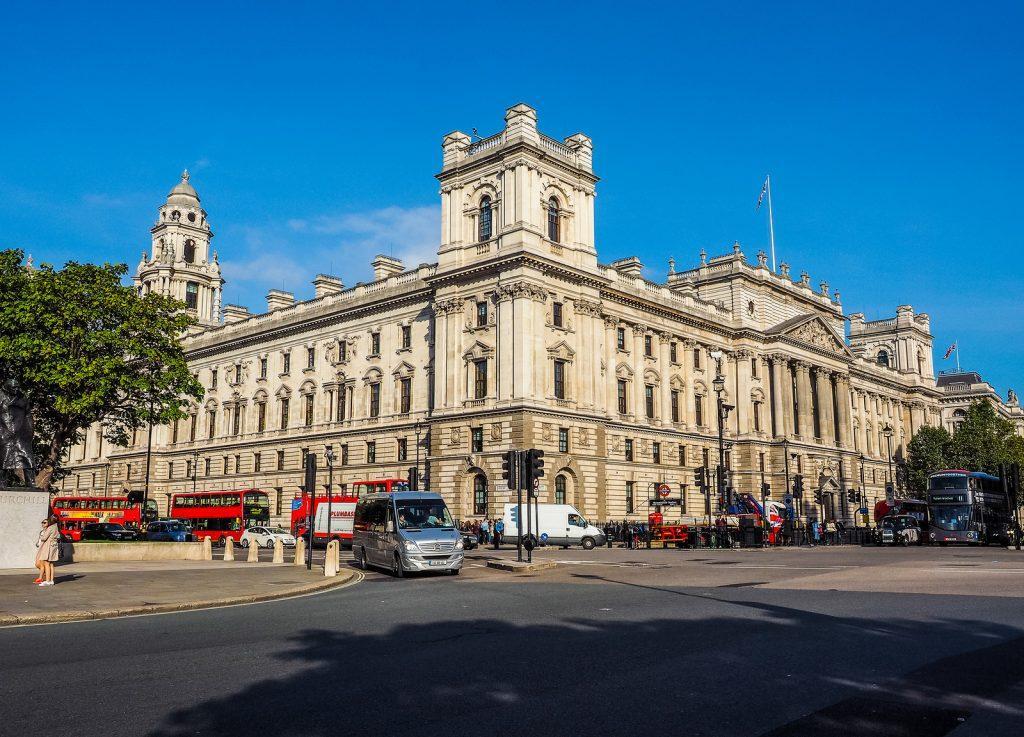The issue of tax avoidance keeps cropping up, with more high profile businesses and individuals being implicated in legal or ethical tax scandals. As a result, a lot of criticism in the UK is being directed at HMRC.
Problems highlighted with HMRC
HMRC has been criticised for not doing enough to tackle or call out wealthy individuals or large corporations for their high profile tax avoidance.
When details were revealed about HSBC’s Swiss bank, sweetheart deals and negotiations with multinationals in Luxembourg, HMRC had little to say on the matter. Out of 3,600 wealthy tax payers exposed through the HSBC Files, only one has actually been prosecuted. HMRC announced in January that it would abandon the criminal investigation into HSBC’s activities.
HMRC’s board is largely made up of people who have previously been connected to big corporations. The problem is that there is no one representing the interests of ordinary taxpayers and smaller businesses.
A matter of staff?
HMRC has lost over a third of its staff since 2005 and are planning further cuts. The panel has called for greater resources as being key to reforming its process and performance. Unions are fighting against current plans to replace 170 local offices with 13 regional centres.
HMRC say they have only 70 staff investigating the Panama Papers scandal and information relating to 300,000 offshore companies. The panel warns of that it may suffer the same fate as the HSBC investigation.
According to John McDonnell, shadow chancellor, HMRC is now in a state of “disarray” due to staff cuts. He said that “with the appropriate levels of investment … we think we could achieve a fair and just taxation system, which would overcome some of the issues we now have for investment in our public services.”
Lorna Merry, president of the HMRC group at the Public and Commercial Services Union said that office closures would leave HMRC “haemorrhaging” important and experienced staff.
Labour’s proposals
A Labour party commissioned report has suggested that large companies should publish their tax returns in a bid to achieve greater transparency and address growing concerns of tax avoidance.
The report was put together by a panel of 14 experts who will advise and inform Labour’s proposals for next year.
Their proposals include introducing an independent supervisory board for HMRC which will be made up of stakeholders chosen by the chancellor to “act as a bulwark against corporate capture and inertia”.
The panel that created this report was led by Prem Sikka, professor of accounting at the University of Essex. Others involved included representatives from the Tax Justice Network and the High Pay Centre campaign groups.
Sikka has suggested that all large companies make their tax returns public by filing them with their yearly accounts. These would be free to access online and would include advice from accountancy firms to highlight who was giving tax avoidance advice.
The panel urged the need for tribunal cases to be dealt with more quickly, as many can take a decade to be resolved. More judges, with an interest in tax matters could help clear the backlog.
It has been recommended that whistle-blowers who reveal financial wrongdoings should have protection under the law. The new proposed board would provide a point of contact for whistle-blowers who wanted to expose tax avoiders.
In response to the report from Labour, Lorna Merry said, “this is a really important piece of work. Someone needs to look hard at HMRC and what it’s for and who it’s for. The issues of small businesses and ordinary taxpayers are being ignored.”
A spokesman from HMRC wanted to point out that they achieved a record-breaking performance in tax collection this year, “last year we collected £536.8bn in tax and duties – £19bn more than the year before.”





Leave a Reply